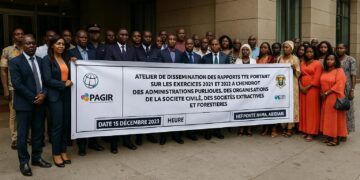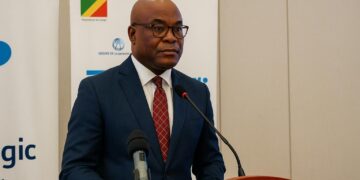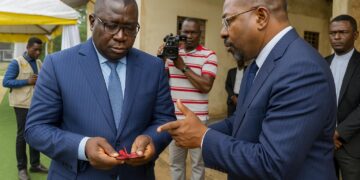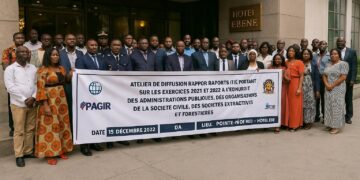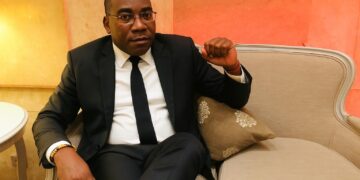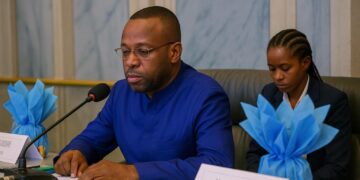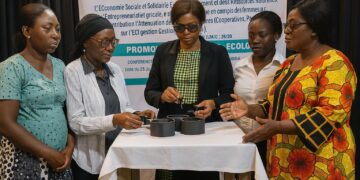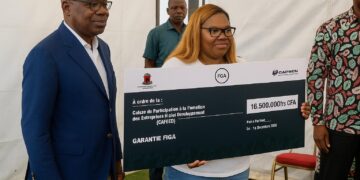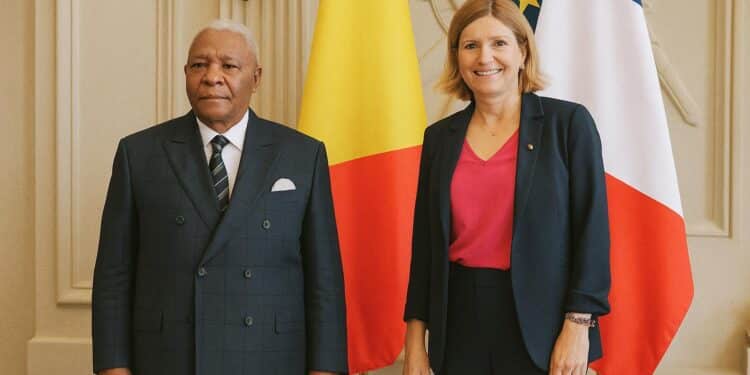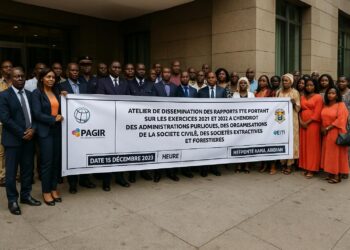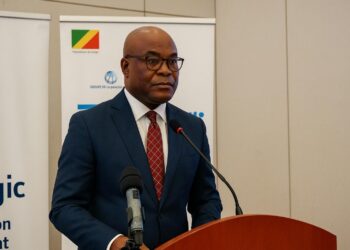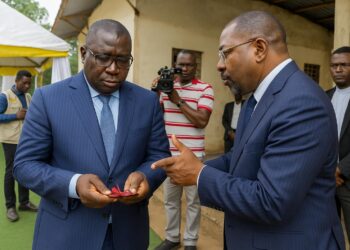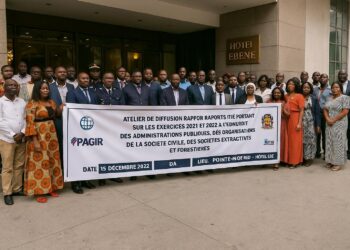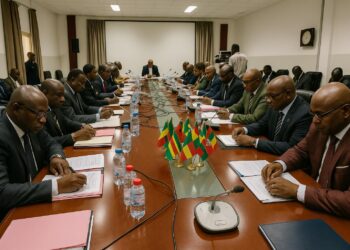Seasoned interlocutors meet amid Francophone fanfare
The marble corridors of the Luxembourg Palace, temporarily converted into the epicentre of the 50th Francophonie Parliamentary Assembly, offered an eloquent backdrop to the first tête-à-tête between Congolese National Assembly President Isidore Mvouba and his French counterpart Yaël Braun-Pivet. Far from ceremonial politeness, the encounter revisited the seldom-publicised but resilient strand of parliamentary diplomacy binding Brazzaville to Paris since Congo’s independence in 1960. On the margins of plenary debates celebrating linguistic plurality, the two speakers mapped out a future that blends historical memory with pragmatic statecraft, echoing earlier overtures made during President Denis Sassou Nguesso’s working visit to Paris in May (Les Dépêches de Brazzaville, 2024).
Rekindling a protocol lost in bureaucratic translation
Central to the dialogue was the revival of a draft protocol of understanding that had remained dormant for nearly a decade. Both chambers now envision a legally agile instrument able to transcend electoral cycles and ministerial reshuffles, ensuring that parliamentary committees can audit, in real time, the execution of bilateral commitments. Braun-Pivet endorsed the concept of a joint follow-up mechanism, under which mixed working groups—drawing on the budget, foreign affairs and sustainable development committees—would produce bi-annual progress notes. The move mirrors practices already adopted by the Franco-German Parliamentary Assembly and could become, if ratified, a reference point for South-North legislative cooperation (Assemblée nationale de France, 2024).
Energy modernisation and the Pointe-Noire–Seine axis
The speakers placed particular emphasis on three flagship projects championed at head-of-state level. First, the modernisation of Congo’s electrical grid, to be supported by French technical expertise and climate-smart financing facilities mobilised through the Agence Française de Développement. Second, the strategic twinning of Pointe-Noire’s deep-water port with the Seine logistics corridor, a scheme designed to channel Central African raw materials more efficiently into European markets while attracting French agro-industrial investors to the Congo Basin. Third, the forthcoming Brazzaville-based Academy for Combating Environmental Crime, envisaged as a sub-regional hub for training magistrates and customs officers in the enforcement of CITES obligations (Jeune Afrique, 2024). These dossiers, already validated in principle by Presidents Sassou Nguesso and Emmanuel Macron, now await the granular scrutiny that only parliamentarians can provide.
Bookshelves as soft power: the case for a parliamentary library
In a gesture laden with symbolic diplomacy, Mvouba reiterated his invitation for Braun-Pivet to inaugurate a prospective parliamentary library in Brazzaville. The project—modelled on France’s own Bibliothèque de l’Assemblée—would function as a documentation hub on comparative legislation, climate law and fiscal oversight, reinforcing the professionalisation of Congolese MPs. Beyond bricks and mortar, the library is intended to anchor French language legal scholarship in Central Africa, a subtle yet potent exercise in cultural soft power at a time when Anglophone and Lusophone influence in the region grows steadily (RFI, 2024).
Diplomatic optics and domestic dividends
For Brazzaville, heightened parliamentary visibility complements a broader strategy of multivector engagement that maintains cordial ties with Beijing and Moscow while courting renewed European interest. For Paris, the initiative dovetails with President Macron’s stated objective of recalibrating France’s African footprint toward partnerships premised on mutual respect and institutional capacity-building. Analysts in both capitals note that a successfully ratified memorandum could unlock concessional financing and joint ventures estimated at €600 million over the next five years, particularly in renewable energy and port logistics (Africa Intelligence, 2024).
The road ahead: codifying continuity
As the session drew to a close, Mvouba inscribed a concise message in the French Assembly’s golden visitors’ ledger, praising “the constancy of republican friendship.” The gesture encapsulated a meeting that, while low on theatrics, proved high on institutional ambition. The forthcoming months will test whether working groups can translate declarations into binding clauses and budgetary line items ahead of the next APF gathering. Should such codification materialise, Brazzaville and Paris would gain a reproducible template for balancing heritage with innovation, ultimately enhancing policy predictability for investors and multilateral partners alike.





